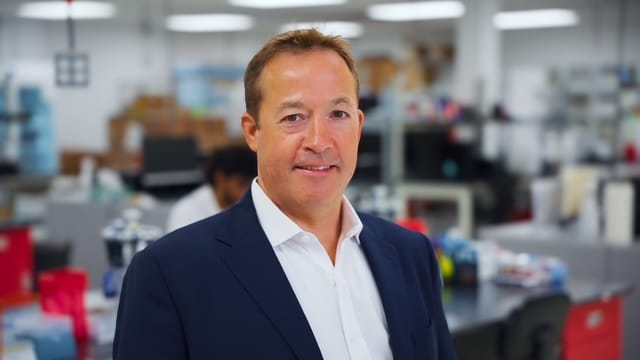Some people are simply wired to help others thrive. They’re great listeners, naturally empathetic, and passionate about personal growth. They’re the ones friends turn to for encouragement or perspective, not because they have all the answers, but because they know how to ask the right questions.
In Wellness Coaching for Lasting Lifestyle Change, (included in FMCA’s Curriculum) Dr. Michael Arloski outlines the qualities that make an effective coach. Many of these traits may already describe you, and they might be signs that health coaching could be your ideal career path.

The Heart of a Coach
At the core of every great health coach is a genuine belief in people’s potential. Coaches help others discover what’s possible for them by creating a safe, supportive space for growth.
According to Arloski, good coaches are:
- Optimistic and resilient, focusing on what’s possible instead of what’s wrong.
- Open-minded and nonjudgmental, helping clients explore possibilities without pressure.
- Empathetic and curious, listening deeply to understand what matters most.
- Authentic and genuine, modeling integrity and compassion.

These qualities make coaching such a unique and fulfilling profession. Health coaching is about seeing the brilliance in others, even when they can’t yet see it themselves.
The Mindset That Makes a Difference
Beyond empathy and connection, health and wellness coaches share a common mindset: they live what they teach.

Arloski describes coaches as lifelong learners who embrace growth and change. They are committed to living the healthiest lifestyle possible, and they approach challenges with curiosity rather than fear. They believe that the mind, body, spirit, and environment all work together to influence well-being.
At FMCA, we see these qualities in our students every day. They’re people who love learning about health and behavior change, who want to make a difference, and who believe that transformation begins with compassion, not correction.
Who Becomes a Health Coach?

People arrive at health coaching from many paths. Some come from health or wellness professions such as nurses, fitness trainers, nutritionists, or therapists who want to take a more collaborative, client-centered approach. Others come from completely different backgrounds, simply drawn by a desire to help others live healthier, more meaningful lives.
Arloski notes that many coaches blend their existing experience with coaching skills to make a greater impact. Whether you’re adding coaching to your professional toolkit or starting fresh in a new career, coaching offers the opportunity to help people create lasting lifestyle change.
Could This Be You?
If you find yourself nodding along to these qualities (you love learning, you care deeply about people, and you’re curious about how mind, body, and behavior connect), you might already think like a health coach.
To find out how your strengths align with this meaningful and growing profession, take our short quiz below.
Take the Quiz: Would You Be a Good Health Coach?
You don’t have to have all the answers to make a difference. You just need empathy, curiosity, and a willingness to grow, because great health coaches start with exactly that.
Watch: What Makes a Great Health Coach?
The Journey Starts with You
Every great coach begins as someone who’s curious: about people, about health, and about what helps us grow. If that curiosity lives in you, health coaching might be more than just a career path; it could be your calling.
At FMCA, we believe that the best coaches lead with empathy, ask powerful questions, and model the healthy, balanced lives they inspire in others. Whether you’re already in healthcare or simply passionate about wellness, the skills of coaching can help you guide lasting change.
Ready to take the next step?
Explore how you can become a Functional Medicine Certified Health Coach through FMCA’s nationally and internationally approved certification program:

Our Latest Blogs
-

Would You Be a Good Health Coach?
Read Full Article: Would You Be a Good Health Coach? -

Food Sensitivity Testing 101: Supporting Clients with Inflammation and Gut Issues
Read Full Article: Food Sensitivity Testing 101: Supporting Clients with Inflammation and Gut Issues -

Protein 101: The Health Coach’s Guide
Read Full Article: Protein 101: The Health Coach’s Guide

